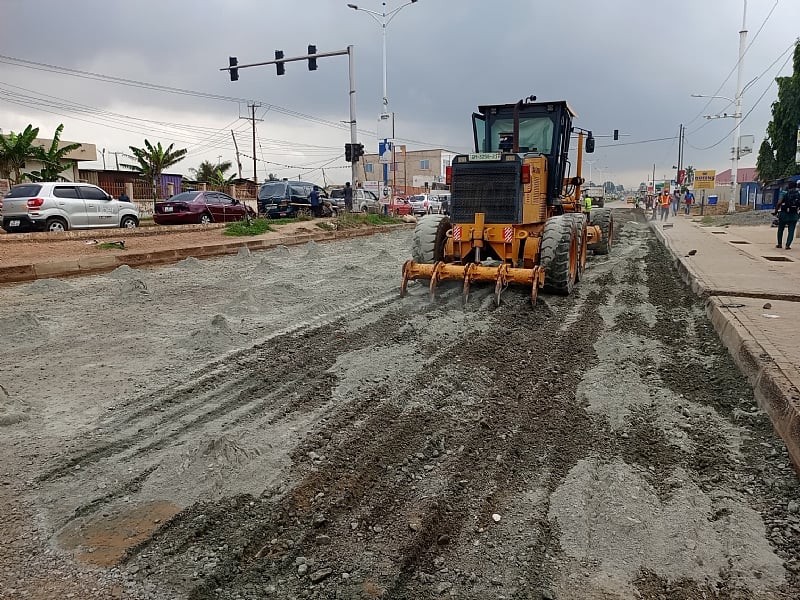Government has unveiled an ambitious plan to construct 5,000 kilometres of road infrastructure over the next three years, focusing on 166 constituencies classified as most in need of rehabilitation and connectivity upgrades.
Announcing the initiative during the 2025 Mid-Year Budget Review in Parliament on Thursday, Finance Minister Dr. Cassiel Ato Forson said each of the 166 targeted constituencies will receive a minimum of 10 kilometres of road construction every year.
“Roads in these constituencies are in dire need of rehabilitation, hence the intervention,” he told lawmakers.
To support the initiative, Dr. Forson disclosed that the Minister for Roads and Highways will soon lay before Parliament a new Road Maintenance Trust Fund Bill. The proposed legislation is set to replace the current Ghana Road Fund.
“The Road Maintenance Trust Fund will, among others, provide for a new governance architecture, offer a formula for a fairer allocation of resources, and introduce more transparency in the utilization of the road fund levy and other inflows,” he explained.
Dr. Forson also outlined several major road and bridge projects earmarked for rehabilitation, dualization, or construction under the government’s renewed push for infrastructure development. These include:
The rehabilitation and upgrading of the Kasoa–Winneba Road
Reconstruction of the Ofankor–Nsawam dual carriageway
Dualization of the Takoradi–Agona Junction Road
Construction of the Suame Interchange and associated local roads
Rehabilitation of the National Route N18: Wa–Han Road
Upgrading of the Tumu–Chuchuliga–Navrongo stretch, including the construction of a 36-metre span reinforced concrete bridge over the Kanyibie River and a 24-metre span bridge over the Bechelihu River
Additional projects include the Enchi–Elubo Road, Dadieso–Akontombra Road, Adwofua–Oseikojokrom Road, Enchi–Kudjouru–Pekyi Road, and Bediako Junction–Camp 15–Sefwi Adabokrom Road.
The Finance Minister said the Mahama administration is committed to bridging the road infrastructure gap and ensuring every part of the country benefits equitably from development resources.


